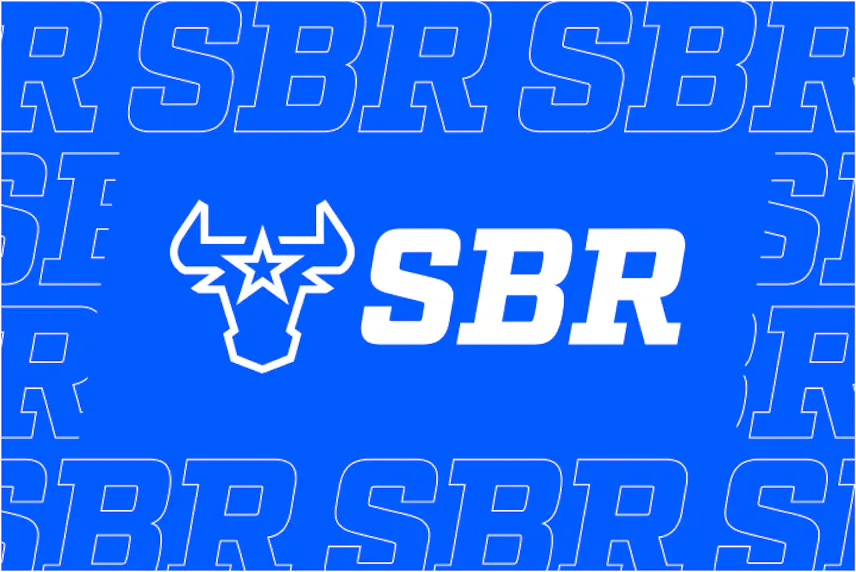Legal Sports Betting Far From A Sure Thing in Florida

Last Updated: July 12, 2021 7:20 AM EDT • 4 minute read X Social Google News Link


It hasn't quite been two months since the idea of legal sports betting in Florida became a realistic possibility in 2021 but a slew of lawsuits and other challenges are already threatening to derail some hard work done by Governor Ron DeSantis and the Seminole Tribe.
Optimism that Florida would launch what would be the largest legal sports betting market in the country surfaced in April when Governor DeSantis was able to renegotiate the Tribal compact with the Seminole Tribe. The new wording would expand the Seminoles' control over legal sports betting in the Sunshine State to include retail and a more controversial mobile betting platform for its state's citizens.
Since that time, numerous lawsuits have been brought against the wording of the new compact. They target longstanding Tribal compact rules that prohibit the country's Native Americans from launching and running a mobile betting platform anywhere other than their Tribal lands, even if they partnered with pari-mutuel groups and hopeful legal sports betting providers.
The impending lawsuits will at very least slow down plans for a 2021 launch of legal sports betting in Florida and perhaps derail the plans all together.
“In an effort to circumvent this clear prohibition in the state Constitution, the 2021 compact and implementing law provide that a person sitting on her poolside lounge chair or his couch at home placing a sports bet through the tribe is ‘deemed’ not to be placing a bet that is otherwise illegal in the state,” one lawsuit said. “The 2021 compact unlawfully deems the bet to be placed on the tribe’s reservation, where the servers will be located. However, this is nothing more than a legal fiction belied by the fact that sports betting is still taking place outside the tribe’s reservations in a state where sports betting remains illegal.”
More on the Compact Issue
The main issue facing the legalization of sports betting in Florida is the compact signed between Governor DeSantis and the Seminole Tribe. Not everybody is happy with the wording or the ramifications of such a plan.
Traditionally, gaming compacts in the US have not included mobile betting platforms unless the wagering was done on Tribal lands. The amended compact between the state and the Seminoles appears to bypass that, giving the Tribe widespread permission to launch internet-based wagering that would be accessible throughout the state.
On the Seminoles' side is precedent set previously within the legal sports betting sphere. In Oklahoma, their tribes have been granted permission to run mobile sites off their Tribal lands and in New Jersey, all the states' mobile apps originate in one area only - Atlantic City, similar to what the Seminoles hope to do, not individual casinos in various locations around the state.
There has been no shortage of opposition to the Seminole compact he way it is written - several Pari-mutuels have promised lawsuits as have anti-gambling groups such as No Casino.
What About the People Getting Their Say?
Citizens in many states, including three in the last election got a chance to have their say on the potential of legal sports betting in their state. Three such states with the question on the 2020 ballot all agreed to bring on their own platform - all three will hopefully be live by the start of the NFL season.
Because of the renegotiation of the Tribal compact in Florida, voters didn't get the chance to weigh in and it is turning out to be a bit of an issue.
Political action committee Florida Education Champions is among the groups opposing sports betting legalization in its proposed form. Various groups have aligned with a host of sports betting operators to ensure that citizens in Florida will get their say on sports betting during the 2022 election and that a more open market will be the result.
Not Seminole Tribes' First Rodeo
The Seminole Tribe has a host of experience in the gambling and hospitality industries not only in the US but in a few other jurisdictions as well. They currently run six casinos in Florida alone and six others in other foreign jurisdictions including Canada and the Dominican Republic. All together, the Seminole Tribe has 70 hospitality-sector destinations around North America and Latin America.
They are well-equipped to take on any expansion of their legal sports betting platform.
“There is no one else in the casino industry with that kind of global footprint,” said Jim Allen, chief executive of Seminole Gaming and chairman of the Seminole-owned Hard Rock International.
What's at Stake
Florida has the potential to be the biggest legal sports betting market in the US if all goes as planned. With 21.5 million citizens, a robust tourism sector, a rabid sporting culture and multiple professional teams in all four major North American sports, Florida is ripe for a sports betting platform.
Governor DeSantis has said that legal sports betting could result in $6 billion in tax revenue between now and 2030 and that seems like a conservative estimate with the exponential growth seen in the industry since 2018.
The federal Department of the Interior, which reviews and eventually accepts or denies tribal compacts still has to weigh in on the Florida proposal and all factions involved in potential legalization have to be satisfied before the platform goes anywhere.
Work still has to be done for the prospective Florida legal sports betting scene. The start of the NFL season seems out of reach, but the next 30-60 days will tell us a lot about its chances.

Sportsbook Review X social